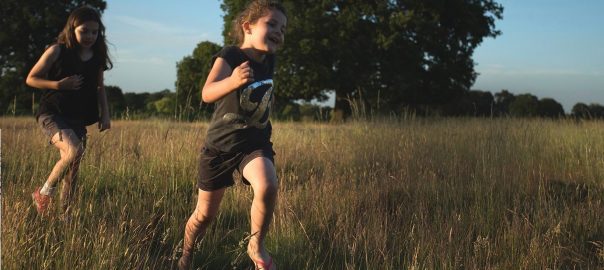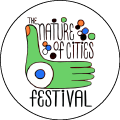4 December 2020
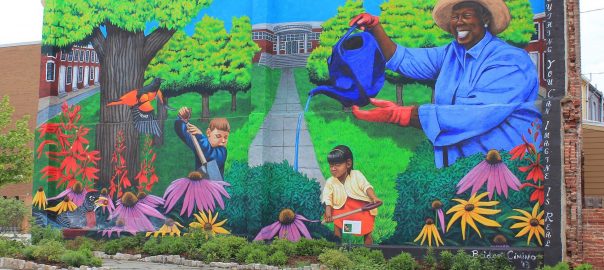
If we peel back the layers of our urban infrastructure and examine the ecological patterns that originally formed the landscapes beneath our feet, we can shape more resilient cities through an interdisciplinary and inclusive urban design process based on the braided narratives of place: ecology, history, and culture. More than...
1 December 2020
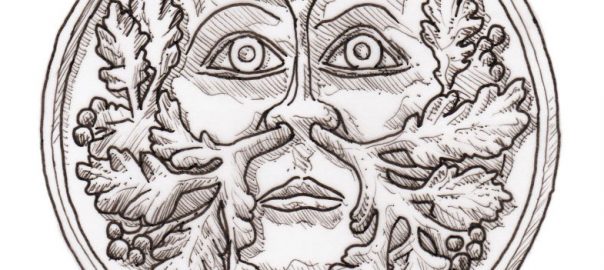
1 We are part of nature We are part of nature and we are interdependent with nature. 2 We think we can be separate from nature We cannot escape this interdependency. Even when we try, we are tied to living systems by umbilical cords of technology, constrained by natural...
22 November 2020
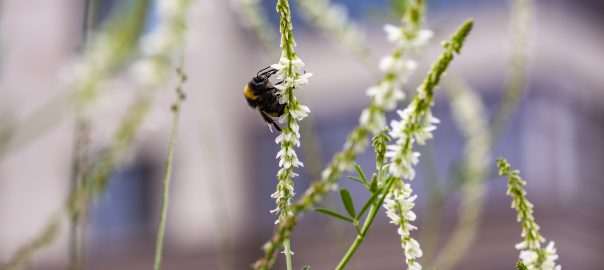
And What Grassplots, Amur Leopard, and Mold Have in CommonWhat is biodiversity for? Some don’t need that question answered: you just adopt a philosopher’s perspective, and everything becomes clear—all living things have the right to dwell on the planet. For others, the question is confusing. Those trying to find a quantitative answer to...
21 November 2020
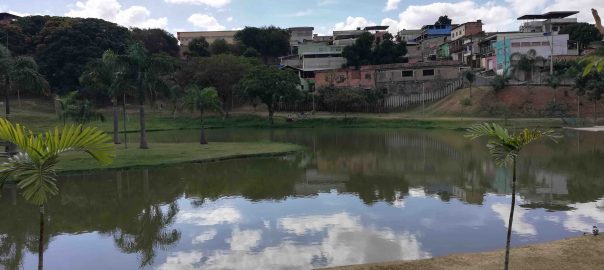
Green and blue infrastructure (GBI), a form of nature-based solutions (NBS), can provide huge benefits for cities, as GBIs are innovative ways to connect biodiversity and people. Besides the direct functions that the infrastructure provides (e.g. flood prevention or cooling effect), there is also a series of co-benefits that nature...
17 November 2020
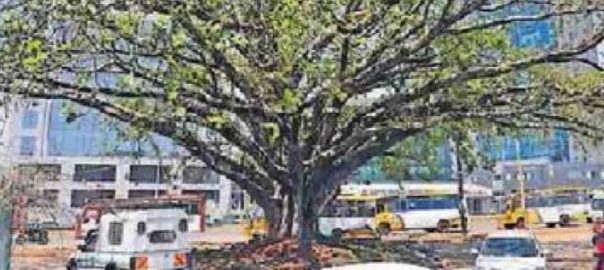
Since 2013, the government of Kenya has laid out extensive expansion plans for the city’s transport infrastructure. Nairobi County’s strategy lays out a progressive framework that has seen the introduction of Mass Rapid Transit Systems (MRTS), the standard gauge railway, connectors, and the expansion of several other feeder roads. The...
9 November 2020
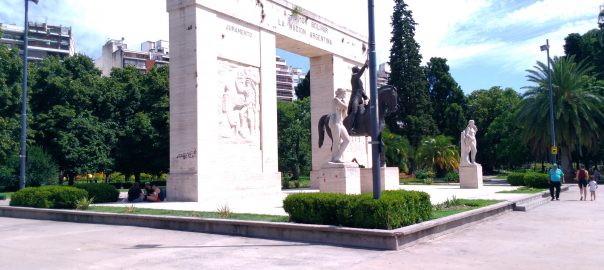
The urban matrix is dominated by the built environment that undoubtedly predominates over green infrastructures like domestic gardens, woodlands, tree-lined streets, squares, sports fields, and green corridors. Thus, cities must be seen as a complex system where the interacting gray, green, and blue elements cannot be analyzed individually. Proper handling...
3 November 2020
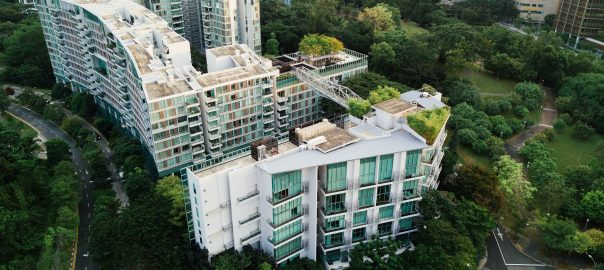
Cities are almost entirely dependent on surrounding regions for food, water, and energy (FWE) to sustain urban population and activities. Sixty percent of the global population will live in cities by 2030, with 90% of urban growth in the coming decades likely to occur in low- and middle-income countries. Rising...
26 October 2020
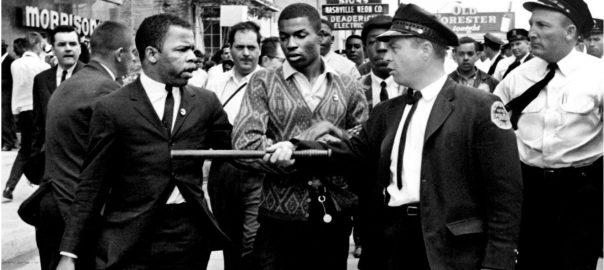
A meditation on race and ecology on the occasion of the death of U.S. Representative John Lewis.Representative John R. Lewis (1940-2020) was a hero of the civil rights movement in the United States. He was one of the six leaders of the famous 1963 March On Washington, a leader of...
20 October 2020
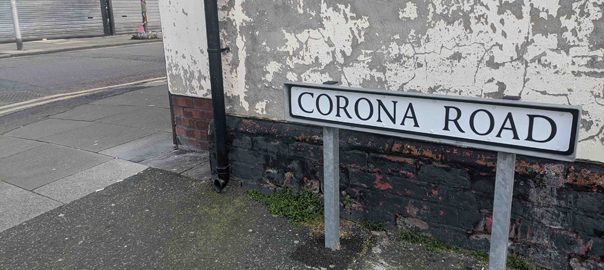
“Stay home!” This is the imperative that has echoed across the planet in the last months. Everyone is at, and a, risk to themselves and others. And so we did. We mostly stayed at home. After a few days, we began to notice that our house, our cities, and our...
6 October 2020
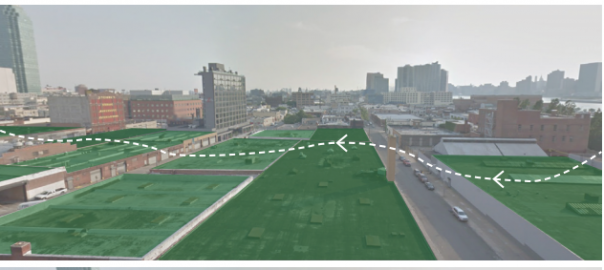
Urban green spaces have long been a refuge for city dwellers, especially in times of crisis, but how has the COVID-19 pandemic affected the use and importance of urban green and open spaces? Are they perceived or used differently during this time? Who has access historically, but also during COVID-19?...
30 September 2020
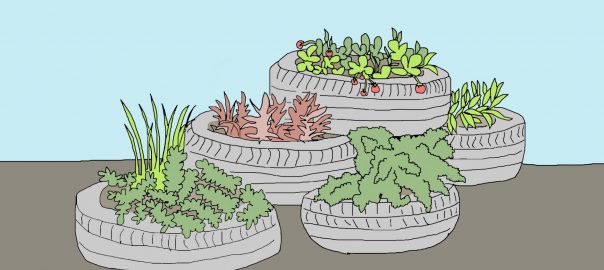
En español. In December 2019, the city of Wuhan, China, reported the first case of Coronavirus. Since then, the virus has spread rapidly, reaching more than 31,300,000 cases worldwide (as of September 2020, according to John Hopkins University). Globally and regionally, a series of measures have been taken to slow...
24 September 2020
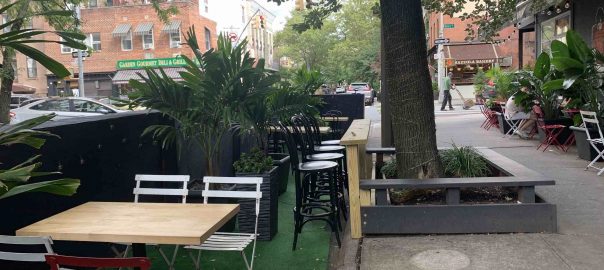
SUMMER We started to settle into our “new normal”, with the pace of our journal entries significantly slowing down. Social distancing didn’t feel as novel any more, we weren’t noticing the shifts and changes as much. Or perhaps we were worn down with mental fatigue and journaling didn’t feel therapeutic,...
11 September 2020
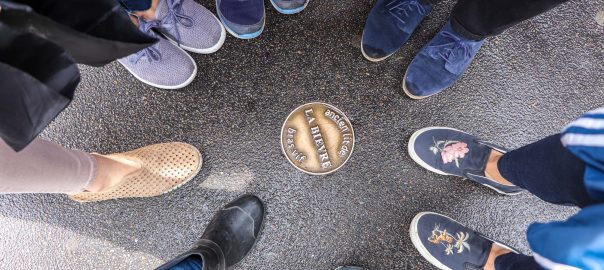
Since 1912 in Paris, the river Bièvre, once the city’s second-largest river, has disappeared from our landscape. It used to cross the whole left bank from south to north, flowing through the 13th and 5th arrondissements before reaching the Seine between “Le Jardin des Plantes”, our historical botanical garden, and...
3 September 2020
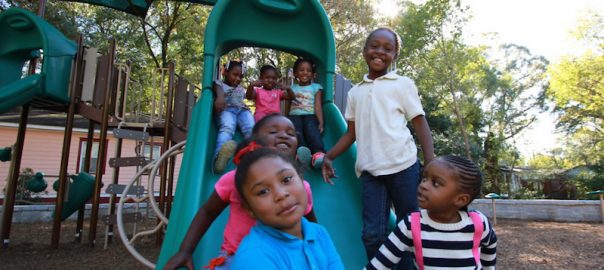
As a city and regional planner by training, I have been alarmed at the tendency to blame urban density (defined as people per square mile) as a primary culprit for New York City’s relatively severe initial COVID-19 outbreak. An epidemiologist from Stanford, a professor of infectious diseases at the University...
24 August 2020
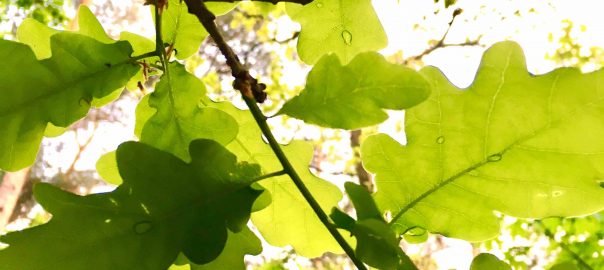
Linden In early summer, after the crest of the first wave of the pandemics had broken and kids resumed to go to school and street cafés had opened again, I spent days alone writing on the balcony of a flat in a somewhat sketchy Berlin neighbourhood. Down in the street,...
24 August 2020
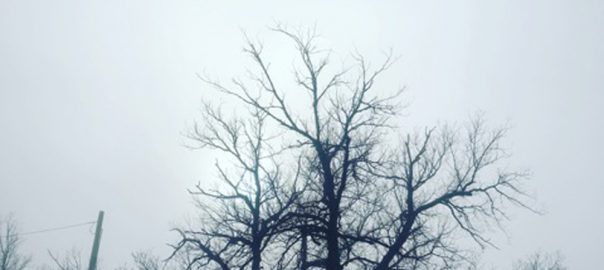
We are gardening. Feeding our trees. We decide to cut the deadwood off the Fejoa tree. Afterwards it’s considerably squat and oddly shaped, but we agree it looks better. Or it feels better. Or it seems to us that it, the tree, feels better. It has just been liberated of...
18 August 2020
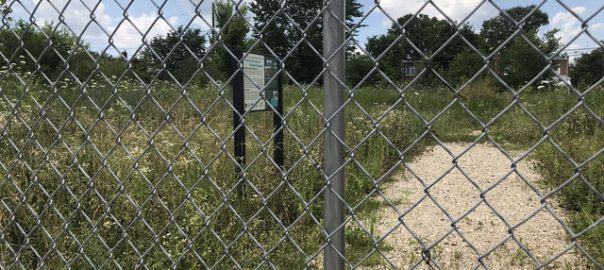
White Elephant: 2. figurative. A burdensome or costly objective, enterprise, or possession, esp. one that appears magnificent; a financial liability. With reference to the story that the kings of Siam (now Thailand) would make a present of a white elephant to courtiers who had displeased them, in order to ruin the...
12 August 2020
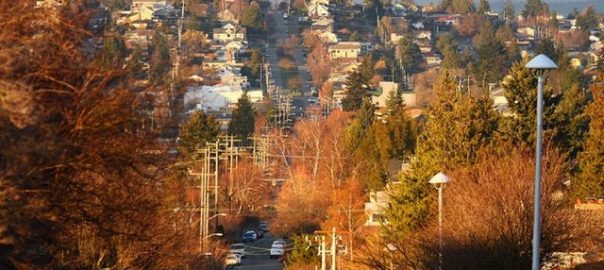
The building boom that’s driving up real estate prices and jamming Seattle with housing and high-rises is also squeezing out and devaluing the city’s green and open spaces. That “progress” presents paradoxes: “Hard assets” provide value temporarily, as they are amortized over their “useful lives”; green, or “soft,” assets are...
29 July 2020
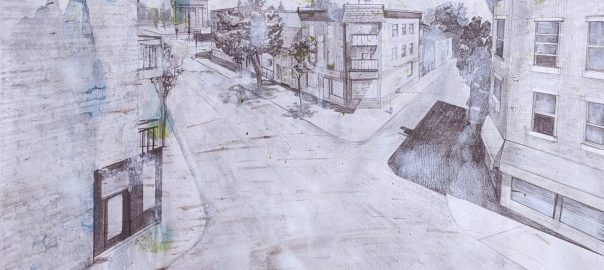
“Absences should not cause us to look elsewhere, but to look closer.” i I have been working on a mind map of emptiness, inspired by an old Wiccan meditation practice of gazing into a bowl of water and trying to see the middle of the water.ii In the middle of a...
24 July 2020
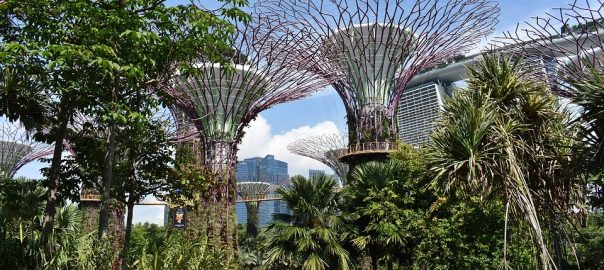
What is the place of nature in cities? As the COVID-19 pandemic challenged societal norms, this question took a new turn for professionals and the public alike. Having recently moved to Singapore I’m sharing here a few thoughts as I’m learning how the city-state designs our relationship with nature. Singapore...

